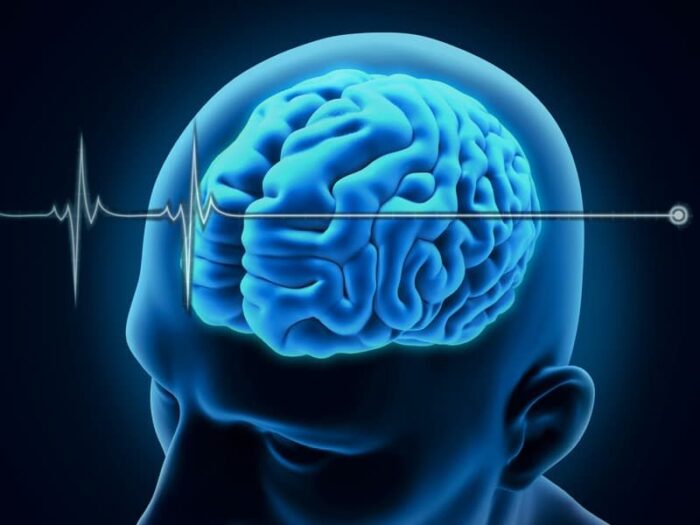What is Brain Death?
Most deceased organ donation cases occur after a patient has been declared brain dead. Brain death can be confusing, especially for families who are confronted with the sudden loss of a loved one.

When a non-survivable injury occurs, death can be determined by assessing for a heartbeat or by assessing for brain function. Most people are less familiar with the latter.
When the loss of a loved one is due to brain death, a devastating experience can become even more difficult and possibly confusing.
The concept of brain death can be challenging to understand. A family may find themselves having questions about brain death even long after their loved one has given the gift of life.
Below is some information to help explain the specifics of brain death.
What is brain death?
Brain death is the complete and irreversible end to all brain function. It means the brain has stopped working. It is impossible to restore life once the brain has died.
When a brain assessment has determined that a family’s loved one has died, he or she cannot think, breathe, or feel. There is no chance of recovery. The person is clinically and legally dead.
What causes brain death?
Brain death can be caused by a traumatic brain injury, a stroke, or lack of oxygen to the brain because the heart stopped beating. Aneurysm rupture, heart attack, drug overdose, and car accidents are a few things that can cause injury to the brain, resulting in brain death.
How is the determination made that my loved one is brain dead?
Each hospital has their own policy, developed by physicians, for determining brain death. Commonly, one to two doctors conduct a series of tests (called assessments) to determine brain death. These assessments check for any signs of life and include tests at the bedside to determine if your loved can breathe without a machine, blink, cough, feel pain or other responses. Doctors may also use technology such as a specialized scan to assess for brain death.
Other organs, such as the heart, liver and kidneys, can still work while your loved one is on a ventilator. Even so, if there is no brain activity, your loved one is declared dead.
How do I know the doctors did not make a mistake in the diagnosis?
Declaring someone brain dead involves no subjective or arbitrary judgments. Brain death is a clinical, measurable condition.
You can ask your doctor to explain how brain death was determined for your loved one.
Can someone who is brain dead feel pain?
No. Once brain activity stops, all sensations cease. Death has occurred. Therefore, there is no feeling of pain or suffering.
If my loved one is dead, why does the heart still beat?
The heart can continue to work if it is supplied with oxygen. When your loved one is put on a breathing machine (also called a ventilator), it can provide enough oxygen to maintain blood flow and keep the heart beating.
The breathing machine forces air in and out of the lungs and the body may feel warm to the touch. You may notice some spontaneous movements. These are not reflexes from the brain, rather muscles twitching/contracting. These movements do not indicate life. Without the machine to supply oxygen, the heart would stop beating.
How is brain death different from being in a coma?
A patient in a coma continues to have brain function. When brain death happens, all neurological activity stops and cannot be revived. Brain death is death. No improvement or recovery is possible.
How can I learn more about brain death?
If you have additional questions about brain death, please talk to your doctor, or contact your Gift of Life coordinator.
